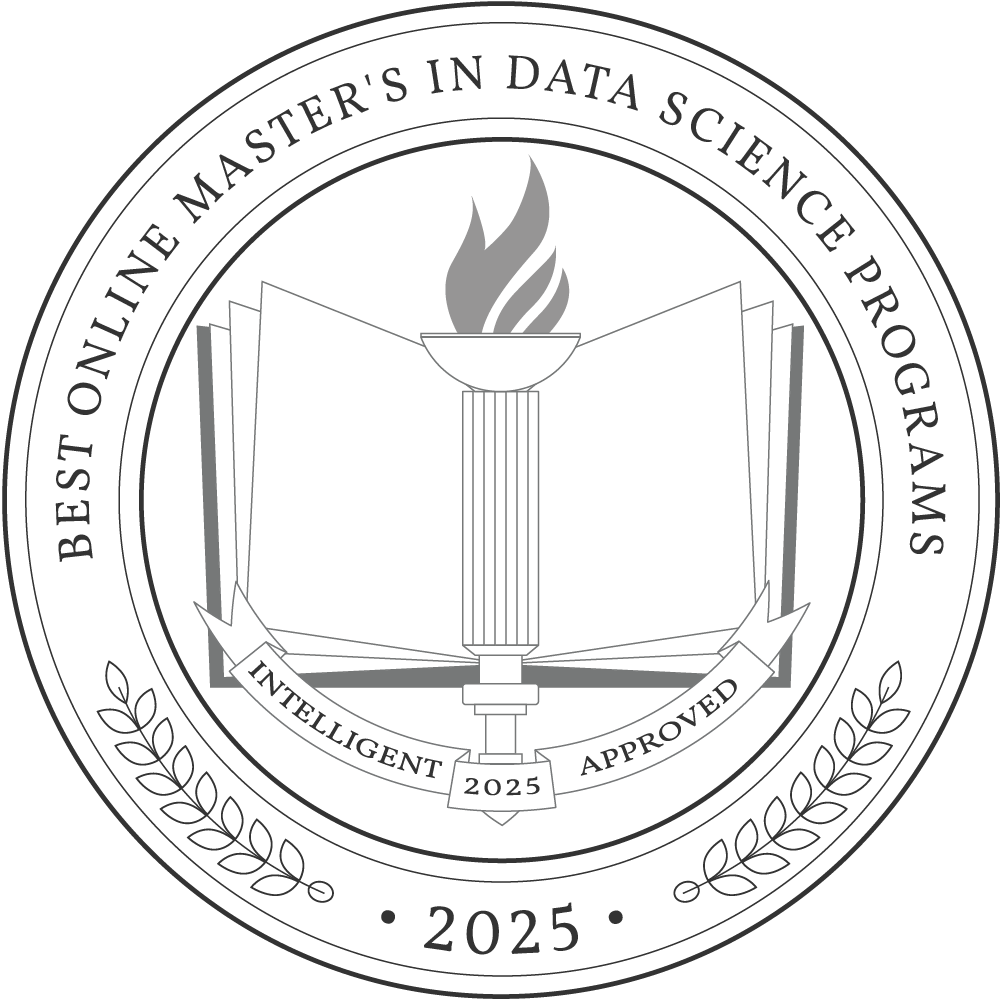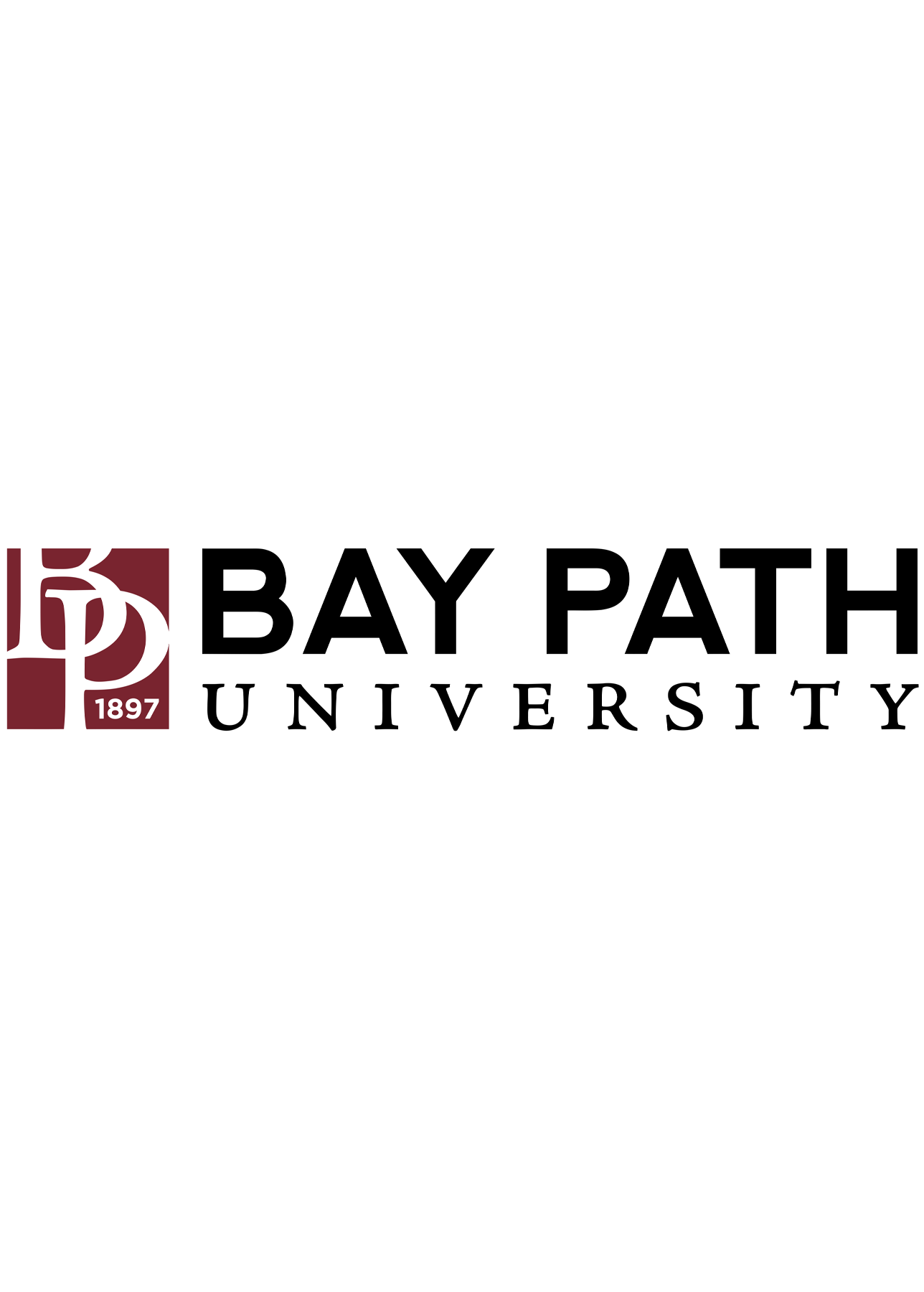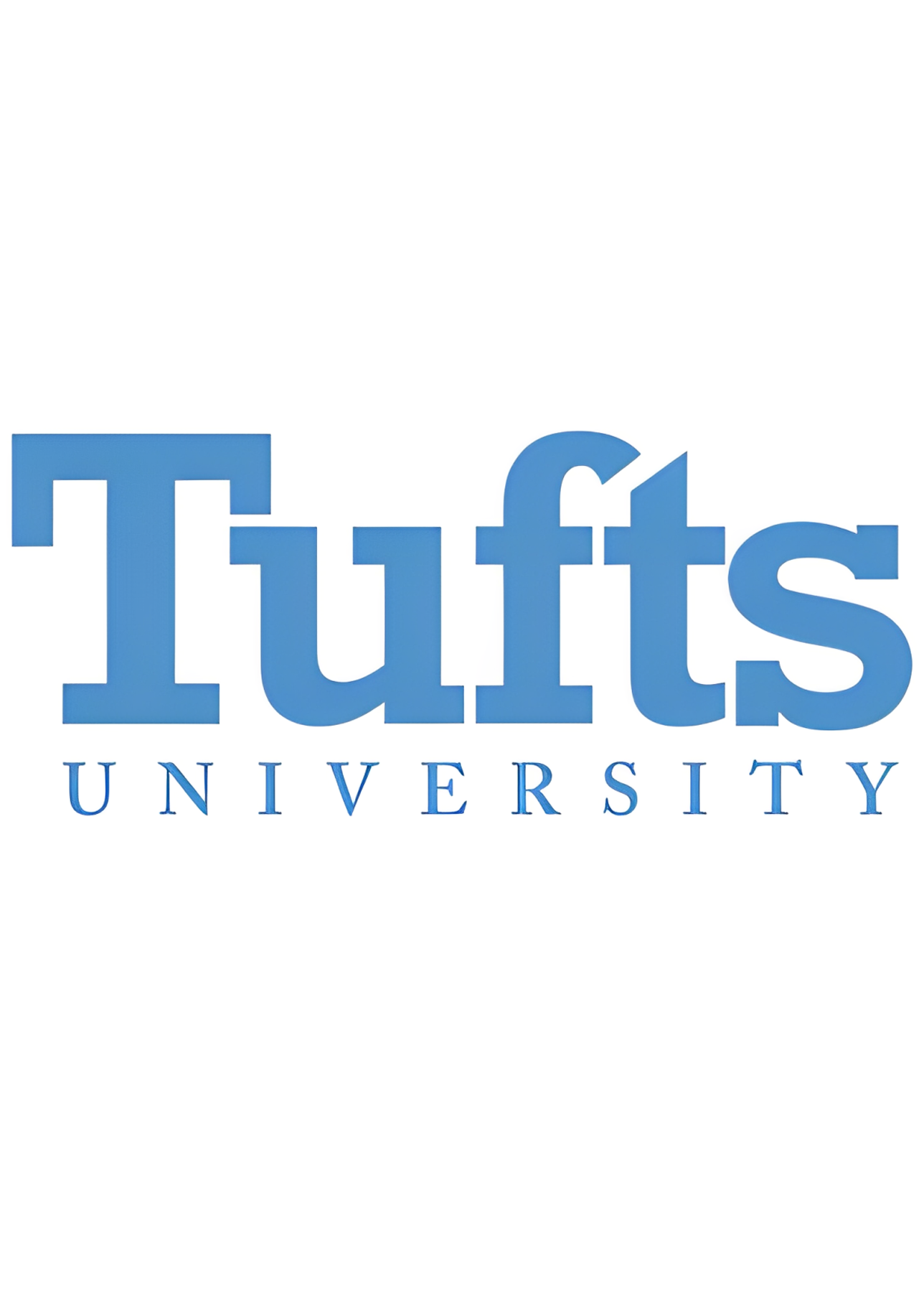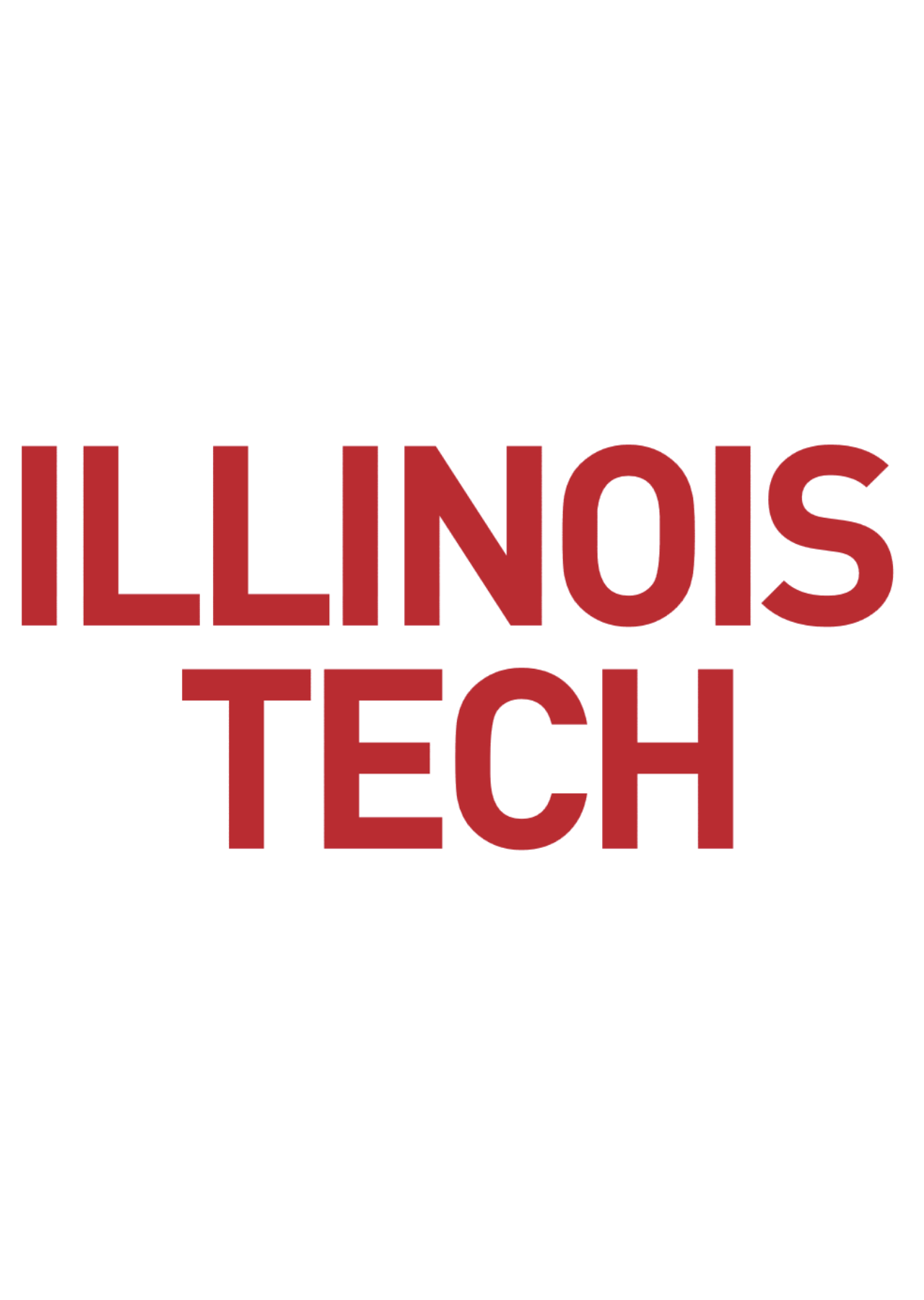How to Choose an Online Master’s in Data Science Program
Choose your area of study
This degree is usually offered as a Master of Science (MS) in data science. Depending on the online master’s in data science program students select, they may be able to choose a specific area of study to specialize in. These specialized concentrations may include machine learning, artificial intelligence, computer science, computer programming, data engineering, data governance, data visualization, and applied data science. All programs provide a strong foundation in data science, and the specialty courses help students customize their education while preparing for specific jobs after graduation.
If prospective students have a solid idea of what they would like to do with their master’s degree after graduation, they are encouraged to choose a school offering the exact area of study that will best prepare them for this career.
Research schools and programs
Students are often surprised to discover just how many online master’s in data science programs are available, so it’s crucial for them to quickly determine how they will narrow down the list of prospective schools.
You should only consider institutions that have been approved by a DOE-recognized regional accrediting organization, such as the New England Commission of Higher Education or Northwest Commission on Colleges and Universities. These organizations evaluate schools to ensure they provide students with a high-quality education. Those who don’t attend a regionally accredited institution may be unable to access financial aid or transfer credits to another institution if needed.
Another important factor is cost, as most prospective students have a budget that will inevitably preclude applying for the most expensive programs. Beyond accreditation status and the price, students may wish to rule out schools that don’t offer enough of a support system for remote learners.
To learn more about any data science program that you’re interested in, Pickett recommends students take advantage of the following:
- Check out the school’s admissions website
- Take a virtual tour
- Browse the school’s course catalog
- Visit the webpage of the academic department you are interested in
- Research the school’s support services for students
- Explore their housing and dining options
- Learn about their financial aid options
Prepare for tests and applications
Application requirements vary by school and program. For example, some online master’s in data science programs no longer require students to submit GRE scores as part of their application, while others still have this as a major requirement. Be sure to review each application carefully to discover whether it requires the submission of these test scores and the minimum score requirements for the different sections. Students who haven’t taken the GRE before should also consider application deadlines, as it may take up to three months to study for the exam and up to 15 days to receive test results.
Review other potential application requirements, such as undergraduate transcripts, cover letters, letters of recommendation, and personal statements. “A personal statement can allow students who may not meet all admissions criteria to provide details about their circumstances,” says Pickett. “In your personal statement, address why you’re interested in the institution and your selected area of study, and discuss your personal or professional goals for the future.”
Select your program
With the list of schools narrowed down, students must determine which online master’s in data science programs they will apply to.
Cost should still be a primary consideration, and students are encouraged to only apply to programs they can afford. Students may also explore the job placement rate of specific programs, which can help them assess their odds of getting their ideal job. It is also helpful to research which professors are teaching courses in the online program, as professors with solid connections to the data science field can help students find great jobs after graduation.
Before making your final decision, review your needs and goals again. Do you plan to attend school full-time or part-time? Are you only interested in 100% online programs, or are you fine with a hybrid data science program that has a few in-person requirements? Some programs offer asynchronous courses, which can be completed at your own pace, while others only offer synchronous courses, which involve remotely attending lectures and completing assignments at the same time as other students — which of these two online learning formats do you prefer? Your online master’s program should accommodate your scheduling needs and learning preferences.
Determine how you’ll pay for your degree
Every student who is worried about how they will pay for their online master’s in data science should complete the Free Application for Federal Student Aid (FAFSA) each academic year while they are in school. By filling out this application, most students automatically qualify for federal student loans, and the FAFSA is sometimes required to obtain grants and certain scholarships.
Students should also call the financial aid department of any schools they’re interested in, as the financial aid counselors may have insight into special aid available to graduate students through either the school or the state. Those who already work in the field should see if their employer offers tuition assistance benefits as well.
What Can You Expect from an Online Master’s in Data Science Program?
An online master’s in data science program helps students study large data sets and analyze them for accurate insights. Many courses are designed with a theory-based approach that helps students learn more about the different skill sets that go into data science. For example, coursework typically covers machine learning, natural language processing, artificial intelligence, statistical analysis, database systems, data governance, data analytics, data visualization, and computer programming. Depending on the data science program, a brief residency may be required that allows students to practice these skills and demonstrate what they have learned in a campus setting.
Exactly how long this program takes depends on whether it is a standard or an accelerated program and whether the student can attend full-time or only part-time. Full-time students can complete standard programs in two years and accelerated programs in one year. Meanwhile, part-time students won’t be able to keep up with accelerated programs, and they’ll need three or more years to complete a standard program.
Potential courses you’ll take in an online master’s in data science degree program
- Data Structures & Algorithms. This course helps students expand their existing computer programming knowledge by focusing on the fundamentals of algorithms and data structures. The coursework is typically designed around Python, and students must complete programming assignments in increasing complexity to demonstrate what they have learned.
- Probability & Inference. This course helps build on students’ existing statistics knowledge while also serving as an introduction to essential concepts such as regression-based modeling, probability calculus, and hypothesis testing.
- Regression & Predictive Modeling. While regression modeling is often an aspect of other coursework, it plays a central role in this class. The course introduces students to both the theoretical background of the topic and real-world examples of how invaluable this knowledge is for anyone hoping to achieve a leadership role in the industry.
- Machine Learning. This course helps students learn more about machine learning by focusing on the heart of this growing field’s statistical concepts and core algorithms. Students will learn more about feature extraction, interpreting models, and how to apply skills such as classification and regression to machine learning development, analysis, and implementation.
What Can You Do With an Online Master’s in Data Science?
Career outlook
In our data-driven world, the demand for data scientists skilled in analysis, interpretation, and decision-making has surged. An online master’s degree in data science equips individuals with the knowledge and expertise to navigate the vast sea of data, extract meaningful insights, and inform critical business decisions. Whether you are an IT professional wishing to specialize in data science or someone switching to this high-demand field, the career outlook is positive for graduates with an online master’s in data science.
Indeed, data science is at the forefront of the digital transformation, playing a pivotal and growing role in industries ranging from finance and healthcare to marketing and technology. Successful completion of a master’s degree program in this field opens the door to a wide array of data science career options, each focusing on different aspects of data analysis and interpretation, including the following:
- Data scientist — Use data analysis and visualization methods to extract meaningful insights from data sets and present findings to others.
- Median annual salary: $103,500
- Projected employment growth (through 2032): 35%
- New job openings projected: 17,700 annually
- Mathematician or statistician — Use computational techniques to help organizations solve problems.
- Median annual salary: $99,960
- Projected employment growth (through 2032): 30%
- New job openings projected: 3,500 annually
- Management analyst — Advise organizations on how to increase revenue, reduce expenses, and improve efficiency.
- Median annual salary: $95,290
- Projected employment growth (through 2032): 10%
- New job openings projected: 92,900 annually
Online Master’s in Data Science Degree Frequently Asked Questions
How do I apply to an online master’s in data science degree program?
To apply to an online master’s in data science program, students must submit the application on the relevant university website. Students can apply directly from the site, and the site will specify whether additional paperwork is required. For example, students typically have to submit undergraduate transcripts and a cover letter, but they may also have to submit GRE scores, admissions essays, and letters of recommendation.
Any students who are worried about whether their application is complete should contact the admissions department, and the counselors there can answer any questions students may have about the matter.
How much does an online master’s in data science degree cost?
According to the National Center for Education Statistics, the average cost of graduate school tuition is $20,513.
The exact cost students pay will depend on several factors, including whether the program is located at a private school (which is usually more expensive than a public school) and whether they will be an out-of-state student (public schools tend to charge out-of-state students much more than in-state students). The number of credits required will also affect the overall cost, with programs requiring more credits generally costing more than those requiring fewer credits.
How long does it take to earn an online master’s in data science degree?
Students who are pursuing their online master’s in data science on a full-time basis can complete standard programs in two years and accelerated programs in one year. Part-time students should avoid accelerated programs, which may take about three years to finish a standard program. “For graduate students, nine credits is typically regarded as full-time,” says Pickett. “Taking more credit hours in a given semester will result in completing the degree program sooner.”
Ultimately, each remote learner knows best how much time they can devote to their academic studies, and the most important thing is finding a reputable, affordable program that is also willing to work with the schedule needs of its online learners.
Is an online master's in data science worth it?
Earning an online master’s degree in data science offers significant value for several reasons. Data science is in high demand across various industries, and professionals with data science expertise are sought after by employers. They often command highly competitive salaries due to their specialized skills and knowledge, which are essential for data-driven decision-making.
A master’s in data science opens doors to diverse career paths, allowing graduates to work in fields as varied as finance, healthcare, marketing, and technology. Data scientists play a pivotal role in shaping business strategies, marketing campaigns, product development, and more, making a significant impact on an organization’s success.
Earning your degree online can have benefits that make it a worthwhile choice for many students. Online education provides access to diverse course offerings from different institutions across the country, allowing you to choose a program that aligns with your academic and career interests. Most online programs offer a higher degree of flexibility than on-campus programs, making them a superior choice for students with other significant personal or professional responsibilities.
Read More about Online Master’s in Data Science Degrees




















